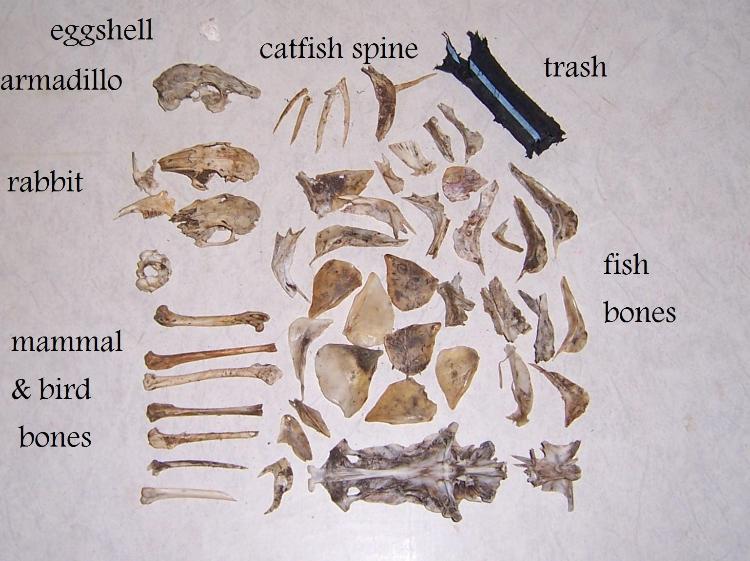I heard from Billi Wagner in Indian River County, who reported that the biologist who performed the aerial surveys of Bald Eagle nests for Florida Fish & Wildlife Commission (FWC) has retired but is still flying. The surveys were conducted on a rotating basis, usually in January, covering 1/3 of the state every three years. (I have asked Billi about whether aerial surveys are continuing since the Bald Eagle was de-listed from Endangered Species status, and she will let us know.)
Interestingly, the pilot is now headed out to New Mexico to view the rosy-finches at Sandia Crest. Back in 1999, Mary Lou and I worked with the US Forest Service, Central New Mexico Audubon and a number of participating merchants to start a feeding project there. It has grown into an important research endeavor, and is the most accessible place on earth to see all three species at the same time.
Now into the fourth nesting season (just as are we in Pembroke Pines), Billi is presently monitoring nine nests in her County-- some were spotted by the pilot and others are not visible from the air, verifying aerial reports, noting nest tree condition, and collecting data. Just as has happened here, volunteer interest has decreased and she is not receiving many reports and has to do most of the work alone.
Billi writes: "I have some hatchlings and some are still incubating. The worst thing is 5 nests were in trees that died, deteriorated and fell or snapped off in the last 4 years! Luckily only one nest had a fledgling, the others fell before eggs were laid and then rebuilt nearby in time to lay. Attached is a photo I took of the contents of one soggy nest we excavated at Thanksgiving, that fell in a big storm Oct. 8. I was looking for nasty trash such as monofilament and rope, but found nothing like that. Eagles usually discard carcasses far from the nest, but occasionally something gets mushed down in the duff and fails to compost."
